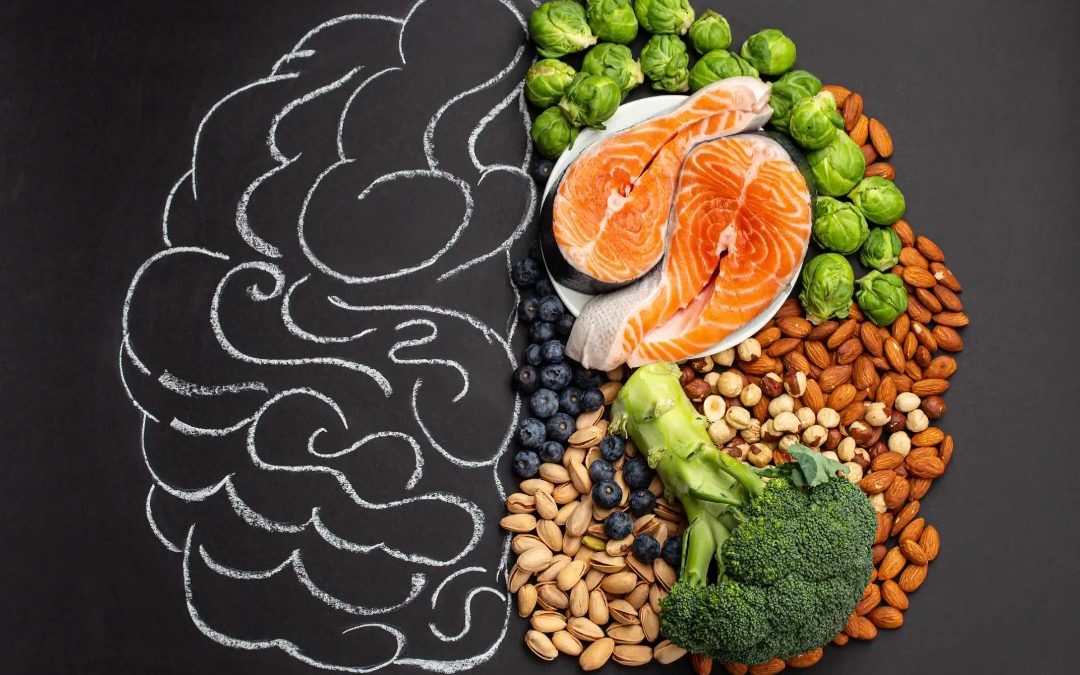Oman today_ Nutrition plays a vital role in brain function, concentration, and learning ability. The brain requires a steady supply of nutrients, vitamins, and minerals to produce energy, synthesize neurotransmitters, and protect nerve cells. One of the most important of these nutrients is vitamin C. With its strong antioxidant properties, vitamin C helps protect brain cells from free radical damage, enhances alertness, reduces anxiety, and promotes better sleep. Because the central nervous system contains a high level of fat, maintaining its health requires a much higher concentration of vitamin C in the cerebrospinal fluid than in other body fluids. Regular consumption of fruits and vegetables such as oranges, kiwis, green peppers, strawberries, tomatoes, parsley, spinach, and cabbage helps meet the body’s need for this essential vitamin.
B vitamins are also crucial for supporting brain health. Vitamin B1 (thiamine) plays a key role in producing acetylcholine, a neurotransmitter essential for communication between nerve cells, and is found in whole grains, liver, and yeast. Vitamin B2 (riboflavin) contributes to antioxidant defense and can be obtained from leafy green vegetables and dairy products. Vitamin B3 (niacin) is involved in numerous energy-producing reactions, and its deficiency can impair memory; meat, poultry, fish, and peanuts are good sources. Vitamin B5 (pantothenic acid) is necessary for acetylcholine synthesis and is abundant in meat, liver, mushrooms, egg yolk, and avocados. Vitamin B6 (pyridoxine) assists in converting amino acids into neurotransmitters such as norepinephrine and is found in meats, whole grains, and nuts. Vitamin B12 (cobalamin) is vital for DNA synthesis and maintaining healthy nerve cells, and it is naturally present in animal products like liver, eggs, and fish. Folate (folic acid) supports the production of norepinephrine and the renewal of brain cells, with rich sources including liver, leafy greens, and legumes. Biotin, another important B vitamin, contributes to metabolic processes and helps regulate mood; it is found in milk, liver, and egg yolks.
In addition to vitamins, certain minerals are essential for optimal brain health. Selenium is one such mineral that binds to heavy metals like lead and mercury, reducing their toxic effects on nerve tissue. Fish, liver, wheat germ, and whole grains are rich in selenium. Zinc also plays a vital role in numerous enzymatic reactions in the brain and supports memory and concentration. Meat, poultry, walnuts, fish, and whole-grain products are excellent sources of zinc.
Beyond vitamins and minerals, some herbs can positively influence mental performance. Mint improves blood circulation in the brain, strengthens nerve cells, promotes calmness, and enhances concentration. Ginger boosts blood flow and increases the body’s resistance to stress, thereby supporting learning, reducing fatigue, and improving memory.
Overall, a diet rich in B vitamins, vitamin C, selenium, and zinc, combined with herbs such as mint and ginger, can significantly enhance mental performance, focus, and memory. Just like any other organ, the brain functions best when nourished with a balanced, varied, and nutrient-dense diet.

